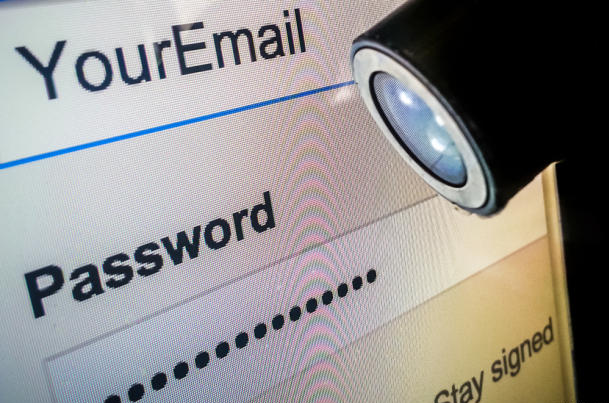
The claws are out now.
T-Mobile executive Andrew Sherrard fired back at AT&T's new early upgrade plan, calling it a "poor imitation" that actually costs the customers more than they think.
Earlier Tuesday, AT&T introduced its AT&T Next plan, which lets people pay for their mobile devices in 20 monthly installments and allows them to upgrade each year. But the new plan doesn't include a key component -- a lower-cost service plan -- which T-Mobile said is its crucial standout feature in its early upgrade plan, Jump. As a result, T-Mobile claims AT&T Next is actually more expensive than ever.
"They're charging you twice on the same phone and calling that a good deal," Sherrard told CNET on Tuesday.
In addition to paying the full price of the phone over the monthly installments, AT&T Next customers also pay the same service plan rate they had been paying -- a rate that was designed to work with subsidized phones. When T-Mobile introduced its no-contract monthly installment plan, it cut the rate of its plan to reflect the lack of a subsidy.
An AT&T representative told CNET that Next represents a a new offer and different choice for customers.
"We're not taking away anything," he said. "We're just giving people choice by removing the upfront cost and allowing them to upgrade their phone."
AT&T wouldn't discuss the direct comparisons between Next and Jump, but noted that it offers a larger 4G LTE network.
"As people dig into this, they'll find it's a much better deal to go with Jump," T-Mobile's Sherrard said. He added that Jump includes insurance, which AT&T Next does not.
Verizon Wireless is expected to introduce a similar plan to that of AT&T, and Sherrard said he felt equally good about how Jump stacks up against the reported Verizon Edge plan.
Sherrard said he was happy that the industry was reacting to T-Mobile's moves. He called the competitors' moves "a response, not a strategy."
Sherrard said that as the challenger in the industry with the lowest market share among the big four U.S. carriers, T-Mobile can afford to be more aggressive to pursue growth. The big two companies can't follow because they have higher profit margins to protect.
"We're glad to change the game a little bit," he said.
Source: CNET











